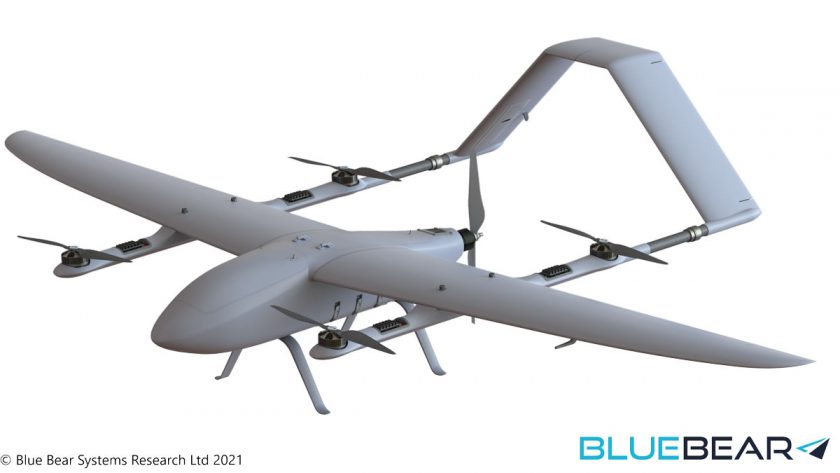AiResponse, a UK consortium led by Intelsius brings together NHS hospitals, local government, academia, robotics, and drone tech companies to develop standard operating procedures for the transport of medical samples and supplies in UK healthcare settings.
Consortium members include BlueBear Technologies, The Drone Office, HEROTECH8, Cranfield University, King’s College London, Milton Keynes Council, and Bedfordshire Hospitals NHS.
The user-based project aims to deliver six key results:
Deliverable 1: Create the first UK set of standard operational procedures for routine drone flights between medical centres, in co-design with end users.
Deliverable 2: Demonstrate intra-site usage with a test flight showcasing automatic take off and precision landing in a real-life environment.
Deliverable 3: Demonstrate inter-site usage with a test flight showcasing automatic take off and precision landing between two real life environments.
Deliverable 4: Conduct airspace management, navigation, and communication simulations of real-life centre-to-centre flight operations across city and urban landscapes.
Deliverable 5: Complete national medical and healthcare centre drone utilisation impact and benefits study.
Deliverable 6: Disseminate findings to U.K. medical community.
The project gained momentum and funding on the back of the COVID-19 pandemic, as the use of drones could support social distancing, limits cross-contamination, and reduces medical and logistics staff exposure to unnecessary health risks. Speed, manpower, social distancing, and cost are all key drivers behind the move to implement drone technology within the UK’s hospitals.
For example, though it represents the replacement of just 10% of the estimated 2.3 million annual medical deliveries by ambulances and other forms of transport, with carbon neutral electrically powered drones, the UK carbon dioxide emissions will reduce by 7,200 tonnes annually if standard procedures are fully implemented. Furthermore, the removal of 230,000 road journeys per year will make a significant contribution to reducing road congestion.
Beyond being environmentally friendly, and reducing strain on infrastructure, it’s the impact on key healthcare workers and patients that form the central benefits to this project. As mentioned earlier, this is a user-led project, meaning that input from the NHS will influence key technological and procedural decisions. The ultimate aim is to make the lives of healthcare workers easier and improve patient outcomes.
For more information visit:




